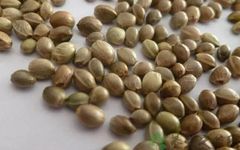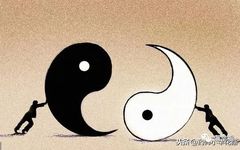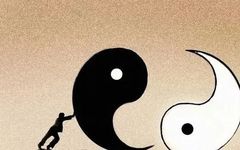16 Dietary Remedies for Wind-Cold Cough
Health Guide: As the weather begins to turn cold, the number of patients suffering from wind-cold coughs increases. Since medicine can be toxic, dietary remedies for wind-cold coughs are the most effective. Do you know what dietary remedies are available for wind-cold coughs? Below, I recommend 16 methods. Wind-cold coughs are classified into wind-cold and … Read more










